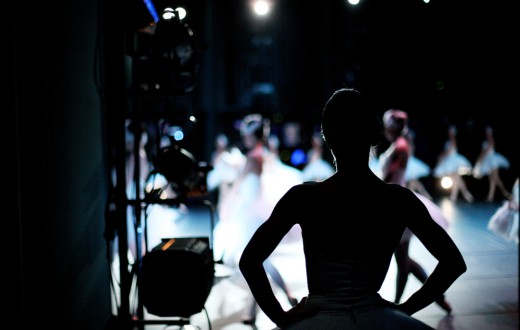When you need to look upset for an acting role or performance, there are a few things you can do to make sure you look convincing. First, it’s important to know what kind of upset you need to portray. Is it anger? Sadness? Disgust? Once you’ve identified the emotion, there are a few key facial expressions and body language cues that will help sell the act. For example, furrowed brows, clenched fists, and hunched shoulders can convey anger; while watery eyes, slumped posture, and trembling lips can signify sadness. Remember to breathe deeply and let the emotions flow through you for a truly believable performance.
When you need to show you’re upset, it’s important to be convincing.
4 Tips That Will Help You Look Upset
1. Get your face ready. Start by scrunching up your nose and forehead. Then, open your eyes wide and hold the expression for a few seconds. Relax your face and repeat a few times.
2. Redden your eyes. To make your eyes look bloodshot, gently press on the inner corners with your fingers. For extra effect, add some tears by squeezing out a drop or two from each eye.
3. Change your voice. Speaking in a higher pitch will make you sound more upset than usual. You can also try crying out or yelling; this will help get the emotion across even if you don’t feel it yourself.
4. Finish with body language.
 On the TV show How to Get Away With Murder, there are multiple actors reacting to the death of a character named Wes. You may want to watch this clip several times to see how different actors can portray the same emotion of shock and sadness, yet each performance is totally different. The scene starts out with the main character, Professor Annalise Keating, played by Viola Davis, and moves onto the other cast members.
On the TV show How to Get Away With Murder, there are multiple actors reacting to the death of a character named Wes. You may want to watch this clip several times to see how different actors can portray the same emotion of shock and sadness, yet each performance is totally different. The scene starts out with the main character, Professor Annalise Keating, played by Viola Davis, and moves onto the other cast members.
When it comes to looking upset on screen, these actors definitely know what they’re doing. Their ability to convey deep emotional anguish is truly impressive and believable. Their performances are so moving and convincing that we can’t help but be impressed by their talent. They make us feel the full range of emotions and leave us wanting more.
Whether it’s heartbreak, betrayal, or loss, these actors make us feel everything right along with their characters. They make us believe that their character’s pain is our own. We root for them to find happiness, even if it’s just for a moment.
3 Tips That Will Help You Nail Emotions
Nailing emotions can be the difference between a good performance and a great one.
1. Get in touch with your own emotions. The better you understand your own emotions, the easier it will be to tap into them when you need to for a role.
2. Understand the character you’re playing. What are their motivations? What do they want? How would they feel in any given situation? The more you know about your character, the easier it will be to play them convincingly.
3. Let go of any self-consciousness. When you’re on stage or on camera, it’s important to forget about yourself and just focus on the character and the scene.
There are some key things mentioned above to keep in mind when nailing emotions in acting. First, remember that all human beings experience the same basic emotions. So, even if you’re playing a character who is very different from you, you can still relate to their emotions on some level. Second, focus on the physicality of emotion. How does your body feel when you’re sad? When you’re angry? When you’re in love? Paying attention to your physical response will help you better convey the emotional state of your character.
I think you get the picture, right? The formula is simple, but the doing it is hard. Nailing emotion in acting is all about understanding and connecting with the character you are portraying. It is important to find what motivates your character and use that to drive your performance. Remember that being emotional does not mean you have to be over the top or melodramatic, sometimes the most powerful performances come from subtlety and restraint.
Dig Into Your Scene Partner for Different Emotions
So far everything I mentioned is about you tapping into the emotions of yourself and your character. But what if you went outside that box and dug into your scene partner? What if you shifted your attention to them? What do you see in them? Are they nice, deceitful, dangerous? By understanding their character, you can more realistically play off of them. You are now letting yourself be affected by your partner, and your emotions may change. This small change, looking outward instead of inward, could determine how you play the scene and how you share your emotions.
So go out there and give it your all, feeling the feels and nailing those emotions!







